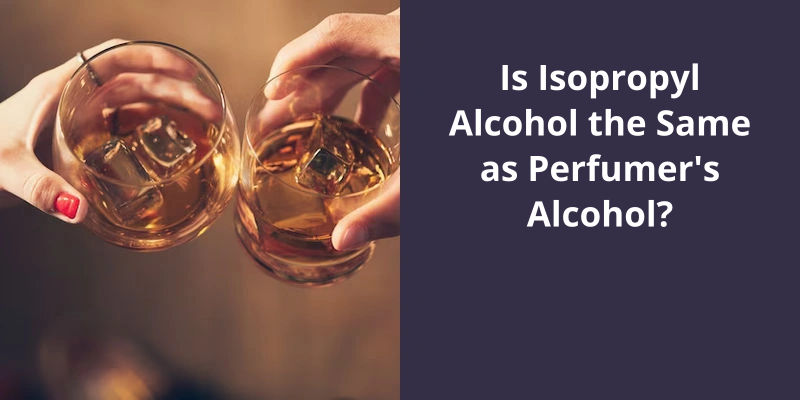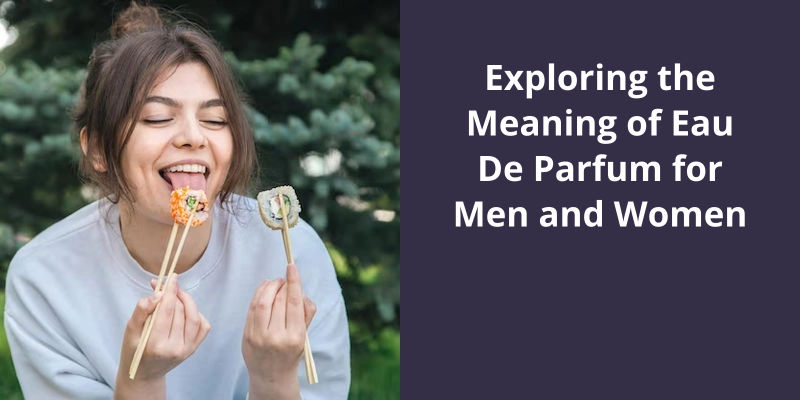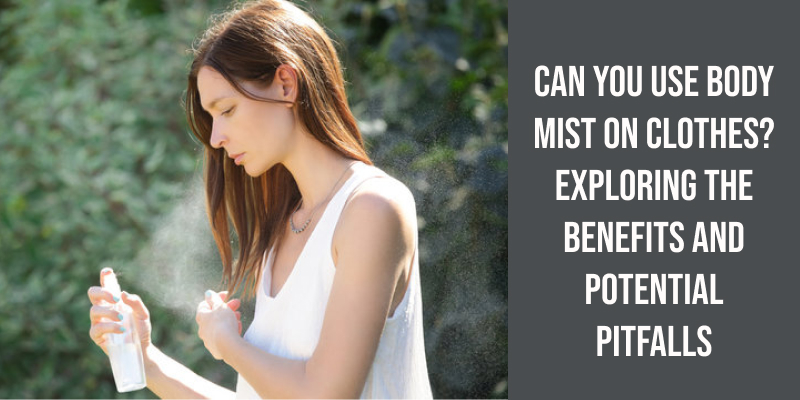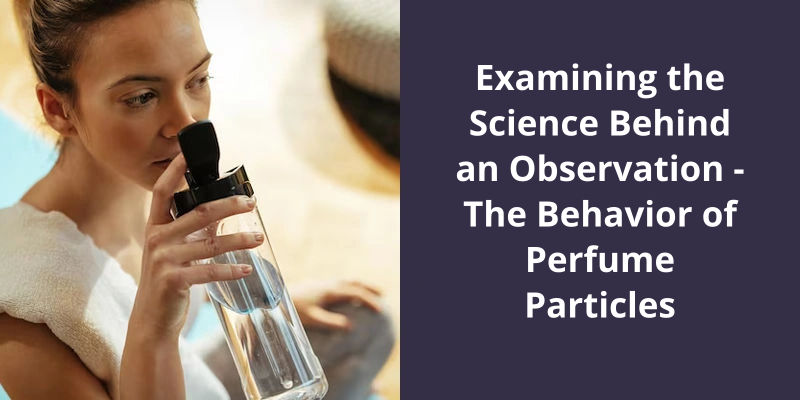Isopropyl alcohol and perfumer’s alcohol are not the same. Isopropyl alcohol, also known as rubbing alcohol, is primarily a solvent used in cosmetics and for medical purposes such as a disinfectant. It isn’t suitable for making perfumes because it has a strong smell of its own. On the other hand, perfumer’s alcohol, which is a combination of ethanol and other chemicals, is specifically designed for making perfumes. This is because it has been denatured, which means it’s been treated to remove any smells, so it doesn’t affect the scent of the perfume. It also evaporates quickly, which helps the perfume to dry quickly when applied to the skin.

Can I Use Isopropyl Alcohol for Perfume?
Isopropyl alcohol, commonly known as rubbing alcohol, is a versatile chemical that’s widely used for cleaning and disinfecting purposes. However, when it comes to perfumery, it isn’t recommended to use isopropyl alcohol as a base for your fragrance creations.
Firstly, isopropyl alcohol has a strong smell of it’s own that can easily overpower or interfere with the scents of your raw materials.
Therefore, it’s advisable to opt for perfumers alcohol instead, which is specifically formulated for use in fragrance production. Perfumers alcohol is a blend of ethanol and other solvents that are specifically selected to provide a neutral, odorless base for perfumes, ensuring that the scents of your raw materials shine through without any interference.
Watch this video on YouTube:
Perfume grade alcohol, used in the creation of perfumes, possesses specific characteristics that make it suitable for this purpose. With a flashpoint of 11ºC and a boiling range of 78-83ºC, it exhibits a volatile nature essential for dispersing fragrance. Additionally, it’s specific gravity of 0.8 ensures proper blending and evaporation. To render it unfit for consumption, perfume alcohol is typically mixed with 5% water and denaturants.
What Is Perfume Grade Alcohol in Perfume?
Perfume grade alcohol, also known as perfumers alcohol, is a specific type of alcohol used in the manufacturing of perfumes. It’s specially formulated to meet the unique needs of the fragrance industry. One of the key characteristics of perfume grade alcohol is it’s flashpoint, which is the temperature at which it can ignite when exposed to an open flame or spark.
It’s a boiling range of 78-83ºC, which is the temperature range at which it vaporizes and can be used in the perfume manufacturing process. The specific gravity of perfume grade alcohol is 0.8, indicating it’s density compared to water.
It’s typically 95% alcohol, with the remaining 5% consisting of water and a denaturant. The water content helps to dilute the alcohol and make it safer to handle, while the denaturant is added to render the alcohol undrinkable. This denaturing process is necessary to comply with regulations and discourage the consumption of the alcohol.
It’s worth noting that perfume grade alcohol isn’t the same as isopropyl alcohol, also known as rubbing alcohol. Isopropyl alcohol is a different type of alcohol that’s typically used for cleaning and disinfecting purposes.
It’s a specific flashpoint, boiling range, and specific gravity, making it ideal for perfume production. It also contains water and a denaturant to ensure it can’t be consumed.
The Process of Extracting Essential Oils From Plants for Use in Perfume Manufacturing
The process of extracting essential oils from plants for use in perfume manufacturing involves several methods, one of which is distillation. Distillation involves steaming the plant material to release the aromatic compounds, which are then cooled and collected as essential oil. Another method used is solvent extraction, where a solvent like hexane or ethanol is used to dissolve the oils from the plant material. The resulting mixture is then distilled to remove the solvent, leaving behind the concentrated essential oil.
Conclusion
In conclusion, it’s evident that isopropyl alcohol and perfumer's alcohol aren’t the same. It’s superior purity and aromatic compatibility make it an essential ingredient for ensuring the highest quality fragrance creations.




